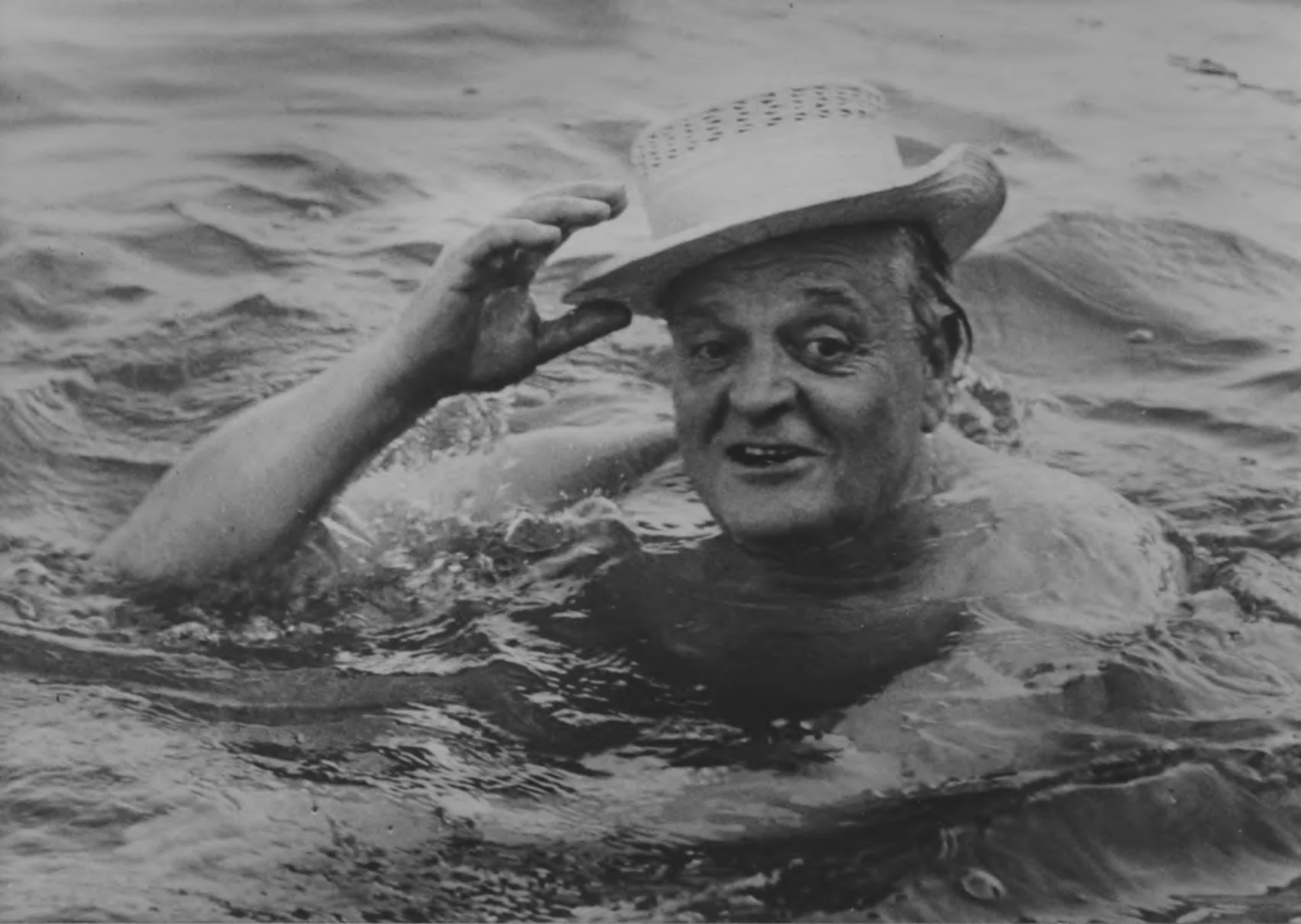Contact

Please direct individual enquiries about the history of Migros to the Historical Company Archives of the Federation of Migros Cooperatives.
navigation
The promotional film Familie M featured a character called Maria. This maid represented the young women from South Tyrol whom Migros brought into Switzerland in 1946. The Brückenbauer made a point of reminding readers that they should not be treated merely as paid help, but as people.
“You know, Maria is also from Migros,” explains Mrs. Moser in the promotional film Familie M to her clearly delighted neighbour (played by actor Emil Hegetschweiler). The cinema viewers understand the reference to the Trentino project, which had caused quite a stir. In 1946, Migros organises the entry of “reputable, healthy, willing” women from the Trentino region as household help. The Brückenbauer reminds cooperative members: “We are not only receiving manpower, but also people.” Thus, the newspaper created a sentence, which two decades later, hardly changed in its form, was expressed by Max Frisch. The author denounces the hostility of the Swiss towards foreigners by writing: “We called for manpower and human beings came.” A culture shock awaits the young immigrants from the South Tyrol. Most of them, according to the Brückenbauer have never seen an electric cooker, and many are not used to running water. It is therefore not surprising that their cooking abilities are limited to polenta and spaghetti. Although not the “perfect maids”, the newspaper still claimed that they would make up for their shortfalls “through cheerful character, natural modesty, thankfulness for all advice and the inborn love of children”. The moral of the story also comes across immediately: “Swiss women could learn from the Italians how to really ‘serve’ with love and devotion.” Mrs. Moser’s neighbour’s answer is not without reason: “Yes, I would also be happy to have one of those little Italians; my wife is on holiday right now.”